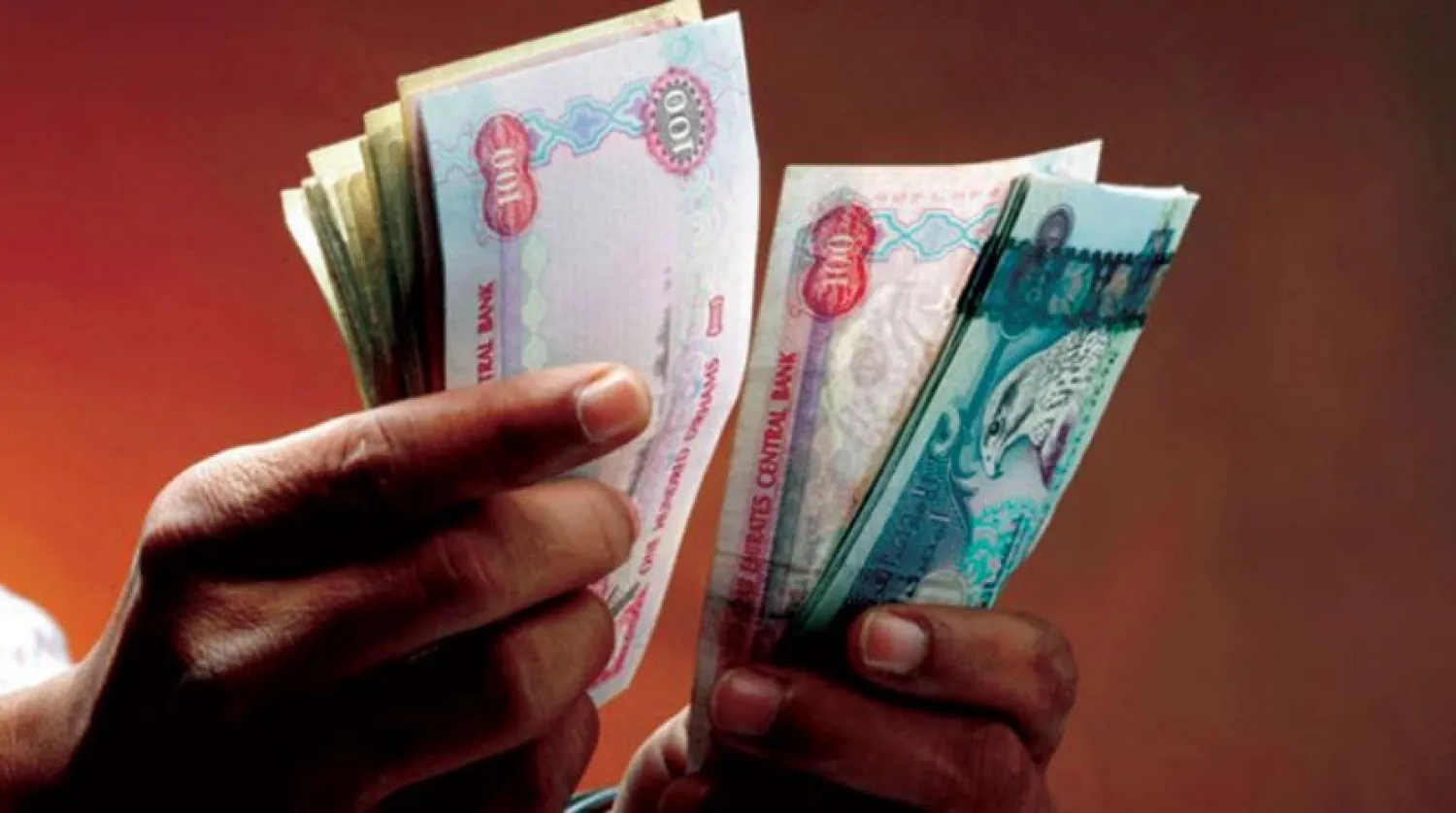Dubai’s government is seeking to drop banknotes by shifting all payment transactions to secure and easy-to-use cashless platforms.
Dubai said it has formed the “Cashless Dubai Working Group,” which brings together Smart Dubai, Dubai’s Department of Finance (DOF), the Supreme Legislation Committee, Dubai Economy, Dubai Police, Dubai Economic Security Center, Dubai Chamber and Dubai Tourism and Commerce Marketing to drive a secure transition.
The Group will be entrusted with a set of key objectives including the development of a roadmap for the transition towards a cashless society.
It will launch a series of ambitious initiatives targeting all segments of the community to create the infrastructure and favorable conditions for eliminating the use of cash.
At its inaugural meeting, it launched the “Dubai Cashless Framework Report,” developed by Smart Dubai and the Dubai Department of Finance.
The report seeks to promote the use of smart payment platforms for all transactions to phase out the use of physical cash.
It forms part of the working group’s efforts to support the emirate’s full digital transition and make Dubai the world’s smartest and happiest city, in line with the directives of the UAE’s leadership and the objectives of the UAE Centennial 2071 plan.
“Setting and activating a cashless payment framework will advance various aspects of economic activity in Dubai, stimulate thoughtful spending, raise revenue and enhance cost effectiveness, whether at the government or private sector level, as well as enabling individuals to make financial savings,” said Director General of Dubai's DOF Abdulrahman Saleh al-Saleh.
Director General of Dubai Economy Sami al-Qamzi, for his part, said the Dubai government is keen to accelerate the growth of the cashless economy and enhance digital payments, which is one of the key pillars in Dubai’s smart transformation.
Younus Al Nasser, assistant director general of Smart Dubai and CEO of the Dubai Data Establishment, said embracing such advanced breakthroughs is a key part of Smart Dubai’s mandate as it strives to achieve its mission to ensure people’s wellbeing, develop the emirate’s smart infrastructure and ultimately harness technology to transform Dubai into the world’s happiest and smartest city.
The report benchmarked four countries that have successfully led a full transition towards a cashless society.
The Smart Dubai team working on the report used references from international studies to identify the benefits of transitioning towards a cashless society, Nasser affirmed.
Going cashless brings about an array of advantages, ranging from economic benefits to greater health and safety standards for citizens and residents.
From a health perspective, the minimal physical contact involved in smart transactions is a particular consideration in light of the COVID-19 pandemic.









